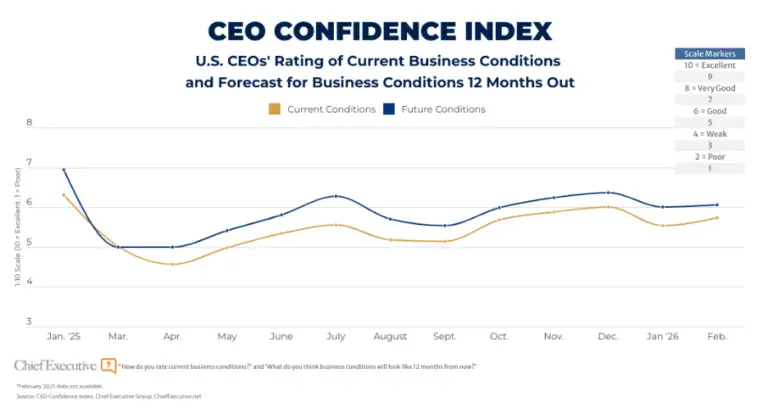Annually, B2B marketers invest an estimated $16.6 billion on digital content, including videos, brochures, infographics. webcasts, white papers, analyst reports and more—28% of their total marketing budgets—for the specific purpose of acquiring business leads and influencing customers and prospects, according to the Content Marketing Institute.
And that figure is expected to rise. A new study by the CMO Council and NetLine Corp. presented a number of conclusions about content marketing that can be helpful to B2B mid-market firms. Here are some highlights.
1. Beware a mismatch between what’s created and what works. When asked to rate content based on the quality of great leads that are produced, a mismatch arose between the content that is most created and what is most effective. For example 50% of marketers felt that leads generated by product brochures fell into an “average” category; meanwhile, “thought-leadership” content pieces such as white papers rose to the top. But white papers ranked as only the third most-created type of content, while leading in the “delivers great leads” category.
2. Lack of ROI knowledge undercuts effective strategies. “What is most readily revealed by marketers,” the council said, “is the extent to which they simply did not know how content is faring specific to lead generation.” Thus, despite 24% of marketers indicating that white papers can generate great leads for the organization, some 25% said they don’t know; 49% didn’t know how analyst reports fare; and 57% were unable to rate the impact of e-book distribution.
3. “Thought leadership” is the holy grail. In the collective view of B2B buyers in research by the CMO Council, thought-leadership-based content—such as industry surveys, analyst reviews, expert-originated content with supporting facts and research, and content published by third-party sources—most influenced their “buying journey.” But only 11% believed that their organization was highly effective in that area, developing purpose-built content that keeps audience and business goals in mind when outlining content, format and distribution of content.
4. Know and avoid the obstacles to success. Besides a lack of a comprehensive and effective content-marketing strategy, B2B marketers concede that a number of other obstacles get in the way. The top ones were budget limitations (cited by 48%) and the same percentage saying that their content isn’t developed for the target audiences. Other major factors were “content lacks relevance for audience,” “not reaching right decision maker,” “not leveraging right distribution channels,” and “no content strategy that tracks to business.”
While this research certainly underscored both the importance of content marketing by B2B companies, and their general challenges in making it successful, it also presents a truth to mid-market CEOs: If they can get their content-marketing operation running well, it can help them significantly in keeping and gaining business.







